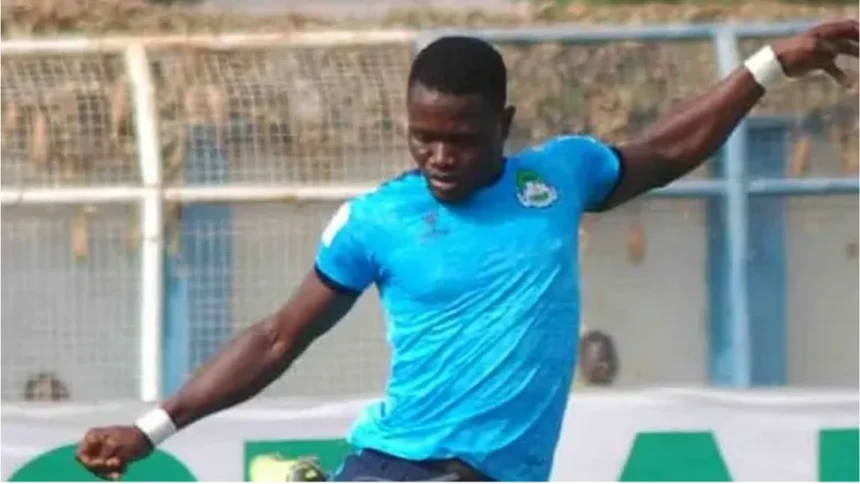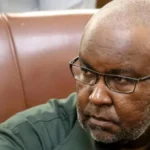In a historic ruling that has reverberated throughout the sports community, a Nigerian court has found the football federation and medical staff liable for the tragic death of a young footballer, pitching the conversation on sports safety and athlete welfare into the spotlight. This landmark case underscores the urgent need for accountability and better practices in the management of athlete health.
The case centers on the death of 22-year-old Ifeanyi George, a promising player with the Enugu Rangers FC, who tragically collapsed during a training session in 2020. Subsequent investigations revealed alarming lapses in medical attention and safety protocols, raising substantial questions about the adequacy of care provided to the athletes. This case highlights the often-overlooked reality faced by players in Nigeria, where inadequate facilities and lack of proper healthcare can endanger lives.
The court’s findings primarily hinged on a crucial point: negligence on the part of the Nigerian Football Federation (NFF) and the team medical staff. Evidence submitted revealed that George had shown symptoms of fatigue and distress prior to his collapse — warning signs that went unheeded. The medical staff failed to perform adequate checks and emergency response measures, particularly given the high-demand physical environment of professional football. Reputable medical experts testified that had prompt medical intervention been provided, George’s chances of survival would have significantly increased.
In his judgment, Justice Olasunbo Oloyede emphasized, “The duty of care owed by the respondents was grossly compromised by their failure to ensure the health and safety of the player.” This statement resonates with calls for improved safety measures in sports, especially in countries where professional leagues have gained popularity but often lack the infrastructure and resources of their international counterparts.
This case is a watershed moment for Nigerian football and potentially sports globally, as it sets a legal precedent on the responsibilities federations have towards the health of their players. Following the ruling, the NFF has been urged to implement better training for medical staff and enhance protocols regarding player health screenings. International bodies, including FIFA, have reiterated their commitment to promoting player safety, but the onus now lies on national federations to enforce these standards diligently.
Additionally, George’s family, who brought the case to court, sought justice not only for their loss but also to raise awareness about athletes’ rights and the necessity for improved working conditions. They expressed hopes that this ruling would force systemic change within Nigerian sports, ensuring that no other family suffers such a devastating loss.
The implications of this verdict resonate beyond Nigeria, as sports leagues worldwide grapple with issues related to athlete safety, mental health, and the responsibilities of sports organizations. This case shines a light on the vital need for comprehensive health care protocols that prioritize the well-being of players over financial or competitive gain.
As the sports community processes the ramifications of this case, it also serves as a poignant reminder: athletes are not just entertainers; they are individuals whose lives can be drastically affected by the environment in which they work. The responsibility lies not only with the players but also with the organizations that govern and manage professional sports.
In conclusion, the ruling in the Ifeanyi George case pushes for a renewed focus on athlete safety, urging stakeholders to create systems that protect players’ health and dignity. As the sports community takes stock of the lessons learned, it is hoped that this tragic incident will lead to a more humane approach to the welfare of athletes, creating a safer environment for future generations.
Email Us on editorial@nnafrica.com













